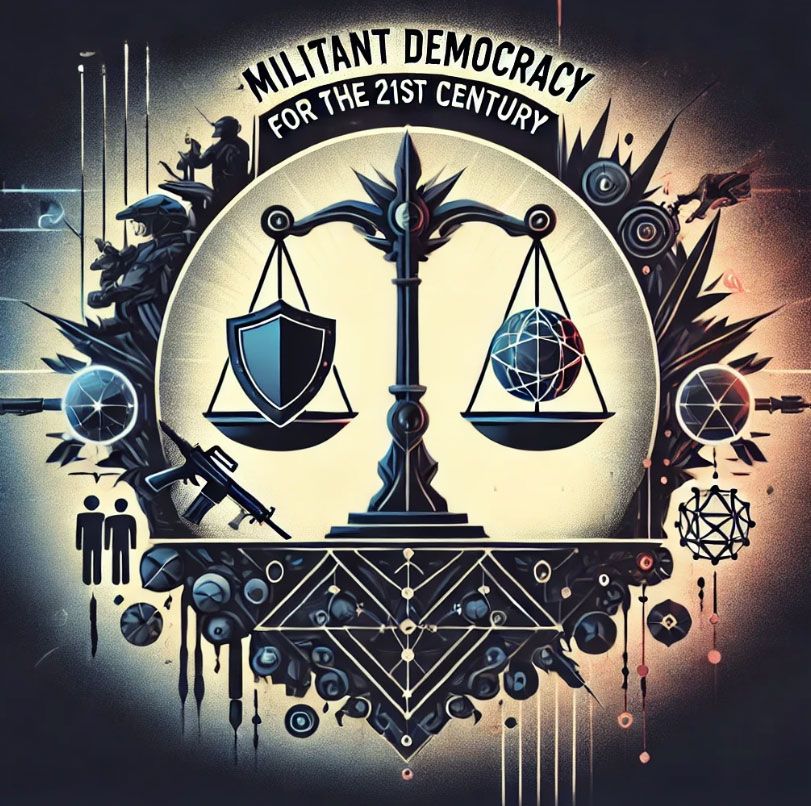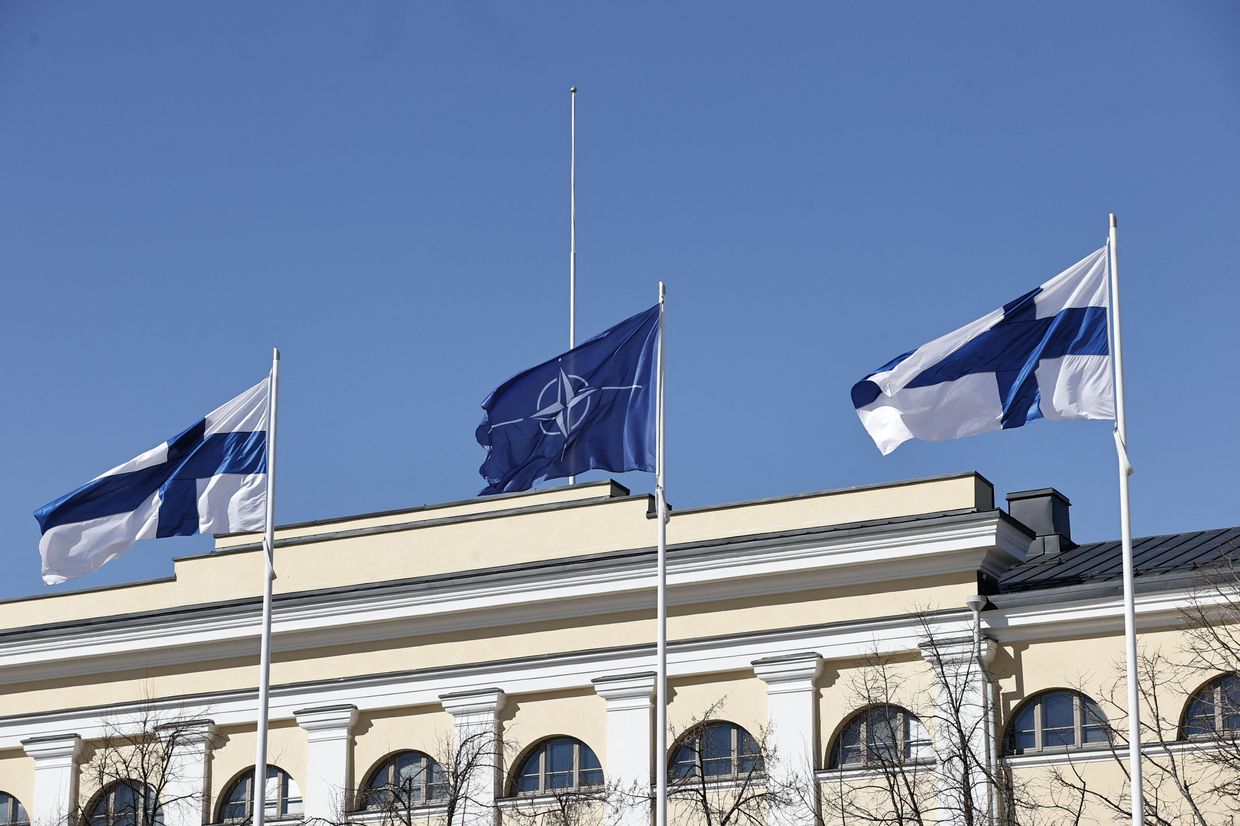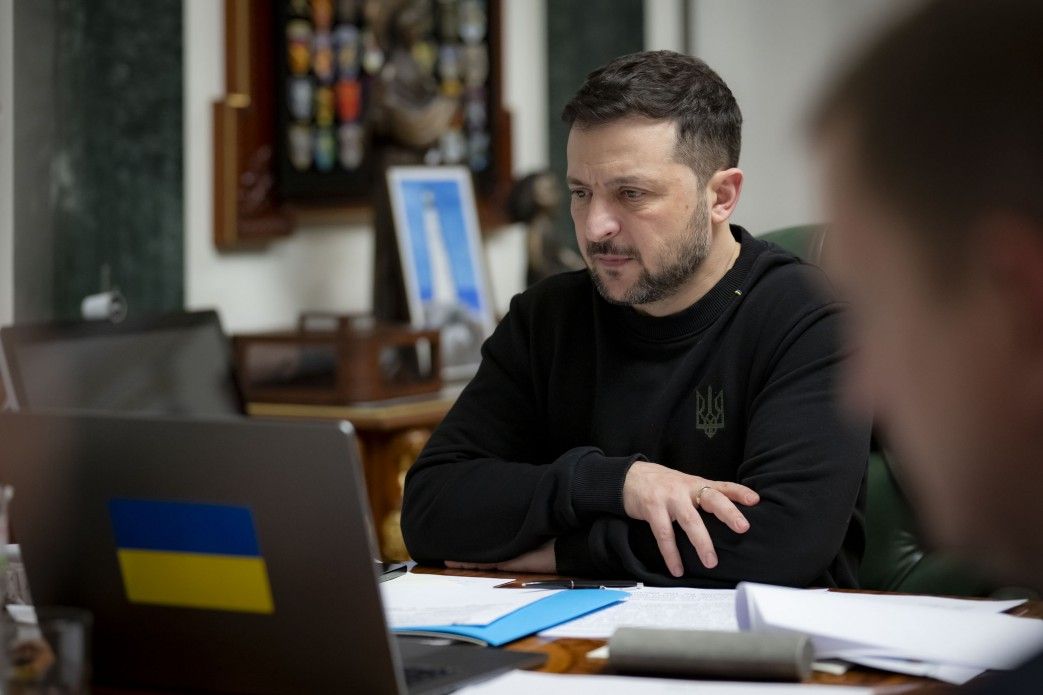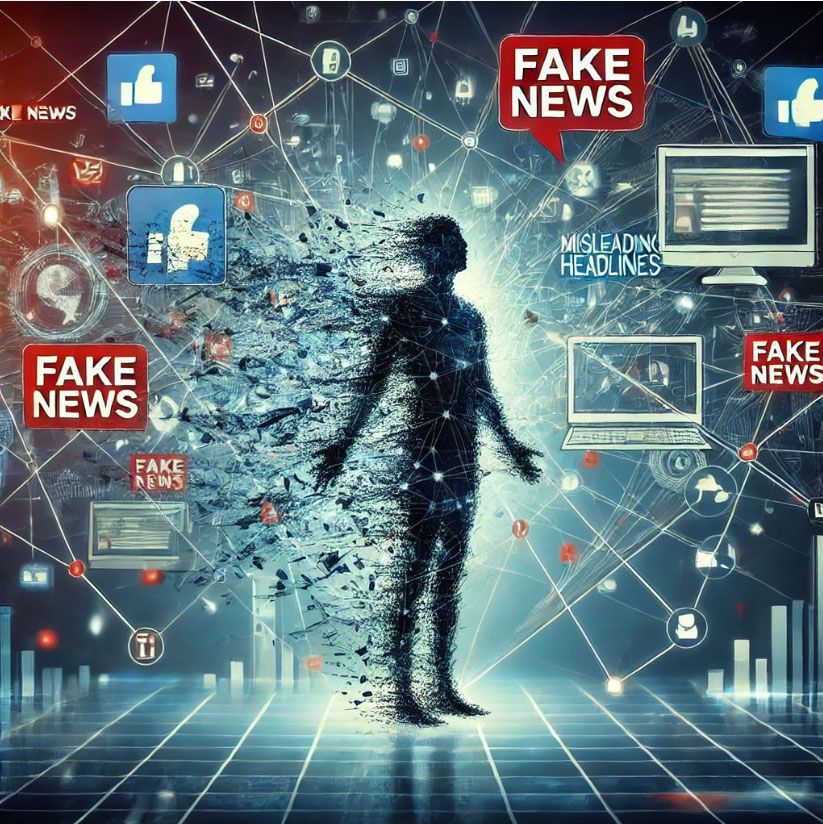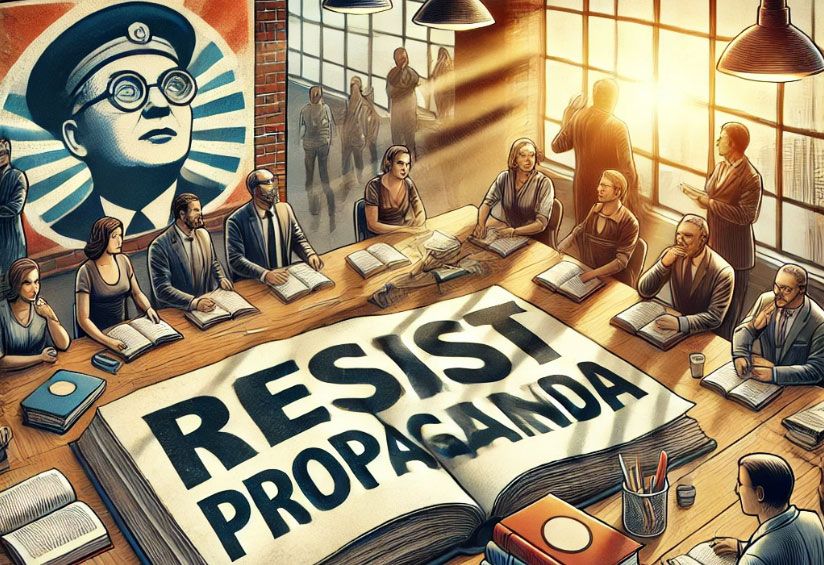The Fragility of Democratic Trust
Consider the recent Romanian elections, where a wave of disinformation campaigns and political fragmentation severely tested the resilience of democracy.
Although Romania avoided outright collapse, these events highlight how fragile public trust in democracy can be, especially when citizens feel disillusioned by political elites or manipulated by external actors.
This is not an isolated case. Russian hybrid warfare—combining cyberattacks, propaganda, and energy blackmail—has sought to destabilize democracies across Europe. Meanwhile, China's aggressive posturing, such as the deliberate cutting of Taiwan’s undersea internet cables, shows how authoritarian regimes exploit modern vulnerabilities to undermine democratic systems and sow chaos.
In response, democracies need to adopt militant measures. This means countering disinformation with media literacy campaigns, strengthening cybersecurity to protect critical infrastructure, and enacting laws that hold foreign actors accountable for interfering in democratic processes.
Automation: The Internal Threat
While external threats grab headlines, automation poses an equally profound internal challenge to democracies. AI and robotics are upending industries, threatening jobs, and concentrating economic power in the hands of a few.
Left unchecked, these changes could undermine the social cohesion that sustains democracies, driving inequality and fueling populist backlash.
Militant democracy principles offer a roadmap. Taxing corporations that disproportionately profit from automation enables governments to redistribute wealth toward universal basic income programs, reskilling initiatives, and robust public services.
This approach builds on examples like Spain's pilot universal basic income program, launched during the COVID-19 pandemic, which demonstrated how redistributive policies can stabilize vulnerable populations and promote resilience in times of economic upheaval, offering a model for broader implementation.
These policies would ensure that citizens feel secure amid rapid technological change—reducing the appeal of anti-democratic populists who exploit economic anxiety.
Lessons from Recent Conflicts
The war in Ukraine has underscored the importance of resilient democracies, particularly through the lens of international alliances and collective action.
Ukraine's ability to resist Russian aggression has been bolstered by coordinated efforts among democratic nations, highlighting the necessity of unity in facing shared threats. Ukraine’s fight against Russian aggression isn’t just a battle for territory—it’s a battle for democratic values. Sustained by international support, including economic sanctions on Russia and military aid for Kyiv, Ukraine’s resilience highlights the power of unified and supported democratic societies to effectively resist authoritarian overreach.
However, this resilience is only possible when democracies prioritize both external defense and internal equity.
Taiwan, too, offers a cautionary tale. Its strategic vulnerability, highlighted by China’s recent attempts to cut its internet cables, reveals how critical infrastructure can become a target for authoritarian regimes.
Like Ukraine, Taiwan has strengthened its cybersecurity measures, diversified its internet infrastructure, and deepened its partnerships with democratic allies to counter these threats, demonstrating the importance of unified democratic strategies.
Democracies must work together to safeguard these lifelines, investing in redundant systems and international cooperation to prevent authoritarian regimes from exploiting global interdependence.
The Need for a New Democratic Playbook
The threats to democracy—both external and internal—demand a new social contract. Democracies must move beyond reactive measures and embrace proactive strategies:
- Strengthening election integrity: As seen in Romania, disinformation and political division can erode trust. Democracies need robust institutions to counteract these tactics and uphold fair elections.
- Economic justice in the age of AI: By taxing automation profits and reinvesting in citizens, democracies can reduce inequality and maintain social cohesion.
- Global alliances against authoritarianism: Democracies must act collectively to counter hybrid warfare and cyber threats, sharing resources and strategies to safeguard against authoritarian aggression.
Militant Democracy for the 21st Century
Militant democracy, often associated with post-World War II Europe, initially focused on banning extremist parties and criminalizing hate speech to prevent the resurgence of fascist ideologies and safeguard fragile democratic systems.
These foundational measures find modern parallels in strategies to combat disinformation and regulate online extremism, demonstrating how militant democracy continues to evolve to meet contemporary challenges. It is now about adapting these principles to address hybrid warfare, Big Tech regulation, and ensuring that automation serves society rather than destabilizing it.
By taking these steps, democracies can protect their foundational promise of social comfort and expand it into the digital age.
The experiences of Taiwan, Ukraine, and Romania remind us that democracy’s survival hinges on adaptability and unity in confronting evolving threats while remaining rooted in fairness and accountability.
A Call to Action
In an interconnected world, the defense of democracy is a collective endeavor. Policymakers, civil society leaders, and citizens must rise to the occasion.
The time to act is now—before the combined forces of authoritarianism and automation unravel the progress of generations.
At its core, militant democracy seeks not to suppress freedoms but to preserve them, ensuring that democratic ideals endure in the face of modern challenges.
With bold leadership and a commitment to equity, democracies can ensure that their promise remains alive for future generations.


